|
4/4/2024 Poetry by Elisabeth Harrahy Flickr CC
The Day I Grew Up “Holy crap. No. I don’t remember that one,” I say to my cousin Danny as we sit in some dark bar in Jersey City downing shots of vodka. Danny is my artist/writer/former abandoned child cousin who came to stay with us the summer I was 12 and he was 17, the year my father dragged us from Massachusetts to Florida to pursue his latest dream of owning a bar Apparently, one foggy morning during that summer when my father was cheating on my mother with one (or maybe two) of the barmaids and there was so much tension in the air, my father loaded up the car with my younger brother and sister my cousin my mother and me to drive to the beach. “And then,” Danny says (after his third shot), “something happened, and your father slammed on the brakes, slid onto the shoulder and screamed, ‘Get out of the damn car! All of you!’” Hearing this story, I down another shot myself and suddenly I can smell that salt water marsh, that amalgam of rotten egg and salt and sour-fresh air. And I can hear those seagulls squawking overhead, drowned out every other second by a car whizzing by on the highway. And I think of what we must have looked like to the people in those cars-- some woman three kids in bathing suits a lanky young man standing in sparse prickly grass looking bewildered, afraid, and maybe relieved all at once. But what Danny tells me is that after running a few steps in the direction of my father and yelling, “Daddy!” as he roared away in that station wagon with the fake wood on the side, I paused then turned and walked back. Looking up at my mother and him, I said something like, “Don’t worry. Everything will be okay. You all just stay here while I walk up to the next exit and get help.” “And that,” says Danny, giving me a sideways glance from his empty shot glass, “was that.” Because Cockroaches Are Not Very Poetic I try to focus instead on the framed photo of my daughters and me beside my dad’s bed and on the cardboard box of his third wife's ashes resting on the bureau beside her porcelain angel just exactly as he’d described during our last long-distance phone call I ignore the stacks of beer cans and the full kitty litter box but note the fridge is empty and there is a frying pan still in its wrapper in the oven looking like a fire hazard for this trailer park cabin with paper strewn about like kindling I search for important documents find them sandwiched between layers of old bills state maps and photos Inside one of the maps is the invitation to my graduation he did not attend When I see his handwriting on the back of an envelope that looks just as it did when I was a kid it makes my heart sink So I move for a moment to the bathroom doorway to stare down at the floor where he’d been found-- cold and covered in bites-- half expecting to see his ghost But what rattles me most is the sheer number of notes scribbled to himself that all say the same thing: “Miles to Liz in Wisconsin”-- “1,750” on a Vegas restaurant napkin “1,025” on a New Orleans casino notepad “880” on an Atlanta barroom matchbook to name a few-- and that I never knew wherever he was he was pouring over road maps tracing the way with pointed finger and counting I make a pile of these mileage notes on the empty seat of his chair try to conjure his face at my door and for a moment I can see him standing there with his hazel eyes all lit up at my joy and surprise of him showing up out of the blue-- but then a cockroach creeps up my shoe so I stomp my feet and storm outside leaving the door wide open behind me and finding myself surrounded by trailers and people I do not know I look up to the sky as though he could still just show up out of that blue and I yell, “How many miles now, Dad?” The Real Reason I Kept My Name My colleagues think because I had already published scientific papers, poems. Friends, because I was older and had been on my own. Why bother? While my siblings saw a feminist who sent Ken dolls packing, placed Barbie alone in the dream house. How could they know about that night long ago when I cowered in the corner on my floor in the dark, while my stalker ex-boyfriend peeked into my windows, his hand like a visor-- How I held myself, and even my breath, as he lingered long and I waited for the sound of his shoes to turn in the lawn, afraid to move once they did? How in that moment, I slowly lifted one hand, felt around the shelf above for the telephone and called my father, who was 1500 miles away, and never one to count on. “Daddy?” I whispered, Too choked to say anything about the man in the shadows or my desire to drive into the side of the mountain. Just, “Oh, Daddy.” How my father threw a lifeline of words into the silence between, as only he could. “Look,” he said, his voice gruff with drink, “I don't know what's going on with you, so I'll just say one thing. You are a Harrahy. And Harrahys don’t take shit from anyone. You remember that.” And I did. Elisabeth Harrahy is an Associate Professor of Biology at the University of Wisconsin-Whitewater, but in her spare time she likes to drive her 1967 Plymouth Satellite, search for stoneflies in cold-water streams, and pull all-nighters writing poems and short stories. Her work has appeared in Zone 3, I-70 Review, Paterson Literary Review, Passengers Journal, Ghost City Review, Sky Island Journal, Drunk Monkeys, Naugatuck River Review and elsewhere, and has been nominated for Best of the Net. 4/4/2024 Poetry by Christina Linsin Dane CC
What May Be She asked me last night, through husks of tears and under protection of darkness, would she always be a loser? Hidden wounds gaped red like wailing mouths to drown the pain with a chorus of blood. I hadn’t known before that moment there was anything that could hurt more than being thirteen myself. My first instinct of denial and then flight, Of course you’re not a loser! withered and stuck at the back of my throat. I remember what this felt like. Always feels so heavy sometimes. So, instead, I lay beside her in the dark and told her about the first time I held her, two and a half weeks late and covered with caul and vernix. I shared stories from her childhood. I sang to her, and she did not protest as I wrapped her in notes and words and everything I had been guarding just for her. I stayed beside her, talking and singing, until she fell asleep with the amniotic rhythm. And then I prayed. I know I did not solve the problem, but I bought another day. I did not know what else to do. That night, I dreamed of Ophelia. “Lord, we know what we are, but know not/ what we may be.” What kept her from waiting for her answer? There was no additional day bought on her behalf when she made the choice to walk into the water’s open arms. Christina Linsin is a poet and teacher in Virginia. Her work examines connections with nature, complexities of mental illness, and difficulties creating meaningful connections with others amid life’s obstacles. Her poems have been published in The Milk House, Stone Circle Review, tiny wren lit, Still: The Journal, and Tinderbox Poetry Journal, and she has poetry forthcoming in Whale Road Review. 4/4/2024 Poetry by MJ Gomez liebeslakritze CC
THERE ARE CERTAIN WAYS TO EXPRESS TERROR many of them wordless, involving the hands. Like a puppet thumbing the gaps in its palms, I waited for intervention. Yes, eventually, the trumpet was blown, the mountains reduced to carded wool as promised. There was screaming, of course, which we readily mistook for joy. But no reckoning followed. No palaces, aflame or otherwise, were unveiled. Only the familiar silence. The cold earth continued its waiting, embryonic, for some kind of absolution to be exhaled into its dry riverbeds. How terrible it was, to live past the end. To be so paralyzed by a sudden freedom, which is, to the survivor, only a greater emptiness to stumble through-- DIRGE I was once blameless too, you know? Like a dog, or perhaps something more assured, less devoted. Like the idea of god without that capital G. Like a petulant child, teeth clenched into fervent prayer: I wish you would just … I wish … I wish … It’s comforting, to soften an image through omission. Softer, then. A god full of weaknesses. Easier to picture hurt, and thus, cared for. Another faith would say I’m more pious for it, too. It’s just simpler, loving what’s already dead or dying. Grass grows greener in every heaven, as long as its pastures remain unseen. The Book has promised, to the faithful, a most perfect eternity: beauty and fragrance that only compound with time, rivers of honey made sweet as their drinkers wish—impossible joy trickling in every direction, inverse to this dunya—instead, scientists say our vision gets less vivid as we age, something to do with yellowing lenses, lessening cones. Everything was brighter, back then. If you wanted, you could call the past heaven, for all it’s worth. Sing another ode to the suburbs, the abandoned playrooms, all those canceled kids’ cartoons-- what difference would it make? Before and after us lie mass technicolor graves, humming a lullaby I am slowly forgetting —made all the sweeter for— night after passing night. LAPSE on days like these I understand better the want for a less forgiving God days windswept and sunless beckoning a cold that pierces I call the adhan and my voice breaks when I reach the word success come to success I echo piety to no-one in particular like a zookeeper’s raven waiting to be fed from these lens it is easy to view mercy as debt a wooden eye for an eye the gift of seeing outweighs even five centuries of worship narrates the angel I wanted to retort but I’d already used my best cursive addressed many firm letters to heaven: I need something to hurt me back please and soon holy father I don’t need to be convinced of your plan but surely you knew I asked not for water but thirst now here I am [at your service] coiled and waiting now let me say the impossible thing: I am so afraid of living past this what to do what to do with these counterfeit hours surely [you have no equal] surely you must know when a pigeon is crushed beneath a tire and I am haunted by the image which one of us was spared? MJ Gomez is the author of Love Letters from a Burning Planet (Variant Literature, 2023). His poems are featured in Surging Tide, the Dawn Review, the Acropolis Journal, the Selkie, and others. You can find him on Twitter @bluejayverses ! 4/4/2024 Poetry by Althea Downing-Sherer Heath Cajandig CC
Snowmelt & Starlink Act I Like shards of ice, I am only pixelation after her. Forces are personified when she picks me up. Magnetism a cradle, luck a harness lifting me over the frosted driveway. I’ve only seen her car in the dark so I don’t recognize it as I enter this vessel of movement. She tells me it’s a good car and I assume she means morally. Muscle memory, like the ocean between my ribs, the branches of my bloodstream, gravity’s hand pressed into my trachea. I am perpetually glitched. I am simply sinking. I watch her eyeshadow shimmer and I’m breathing in snowflakes like lakewater. I melt in a way that exceeds language. Act II I wish on Starlink, evoking a meaningless yearning that will echo between me and Elon Musk for at least an eternity. I finally see him across the street and his torso is doughy and pale. “Elon,” I ask “Why are you in your swim trunks? It’s freezing.” His cage of a stomach shakes gelatinously. Streetlamps cast shadows on the jawline he paid a surgeon for. His hair implants tremble like frantic whispers. “It’s always summer where I go,” he finally replies. He clutches a handful of snow and sure enough, it begins to trickle down his bare arm. I calmly observe this non-lunar phase change. Act III She speeds on the way home. I cover my eyes. The fields are a desert of snowmelt. exegesis morning before the memorial (late july) sinead o’connor echoing through sunlit rooms (i am indulgent as ever) piña fraise la croix and book spine broken (i imagine how you’d call this erotica “profound”) george seurat print in goodwill frame (i have some fixation on Costco flowers and yesterday i learned that one of the last times he went out, before chemo made him weak, he brought home flowers for mary. she got mad at him for spending money on something so frivolous and they fought. isn’t that love?) too-big dress makes my chest look flat. god, i really can write about anything. 3 weeks after (mid august) (the most masculine thing about me is that i’m an artist) while august makes you melt i become socially cynical. watch the sunset in the walmart parking lot and cry when i touch ceramic. (it’s not metaphorical, just physiological) tie ribbons to my belt loops and dismiss intentions until i am a ruined garden, overwatered with praise. the thing is that you are the word. (i am the reaction) i picture you laughing at ghost stories over the iowa river. (your thighs are red hours after they scrape the cement). Althea Downing-Sherer is a highschool senior from Iowa and an incoming first-year at Barnard College. She is an alumna of the Iowa Young Writers Studio and the Kenyon Young Writers Workshop. She reads for Polyphony Lit and The Dawn Review. She has work published or forthcoming in Eunoia Review, Blue Marble Review, Origami Lit, and more. Her work has been recognized by the Scholastic Writing Awards. 4/4/2024 Poetry by Kristiana Reed Timo Newton-Syms CC
I Take My Bed Deep Into The Woods I huddle onto the mud-flecked bedstead, pull white sheets, thick, around my shoulders and hips, sink into the pillows, soft and warm. I gaze up into trees full of leaves, bending into the paths, overcrowding earth, settling into ground ivy. No one else is nearby and there is silence; welcomed nothingness, not even birds or a stream. I exist in a muffled cocoon like being carried from the car as a child, or wrapped in a towel as your mother blow-dries your hair. The bedstead begins to sink into the earth steadily until the sheets crumple into the leaves, the undergrowth close in scent but the bed remains a sanctuary, untouched by wildlife or insects. This is not about becoming one with nature but about becoming oneself. My fingers could touch the earth if I wished. The sky travels above me and butterflies appear -- monochrome shadows and glimpses against greenery. I am dressed in white satin pyjamas. I think of all the people I have been; how I wish to leave this place as little girl me. A magic being who believed she could hear the trees, feel their souls beneath her feet. Who believed every shadow bore a chance to learn a secret. And when she prayed things would come true; the hills would listen, the flowers would pass on her dreams; not as chinese whispers, but as cut strands of hair, tied with ribbon. Kristiana Reed (she/her) is a bisexual writer and the Editor in Chief for Free Verse Revolution, a literary & arts magazine. Reed often explores the body, chronic illness, addiction recovery and womanhood through the natural world and written portraiture. 4/4/2024 Poetry by Monika Messer Dane CC
Song for Zora We slept in vans and jumped in the river and some of us never emerged from the water And some of us are still swimming And some of us are still sleeping on the grassy banks And that is where we keep your memory Sparkling in the sunshine dancing we were free we were the light we were the flames And the storms came and we raged with them and we wore blankets for dresses and we begged the tickets and we took the rides And some of us are still out on that highway And some of us are ashes ashes Or under the ground But their babies are still above And remember that time you hitchhiked from Mexico just to see me, to see me? And we slept out by the fire and we climbed the magnolia trees And we stood somber in the graveyard and I could feel my heels sink into the earth like she was pulling me down with her All that hair the paramedics said And you called but I hung up because you need both hands for mouth to mouth Do you remember, do you also keep it hidden deep inside you For the thunderstorms when you can breathe and recall the way The pavement would steam And we would spin and laugh like riots and you never ever had shoes or a coat And now I tell no one Except when drinking And I mourn, I mourn But in my dreams everyone is alive and free dancing down in the field by the river Burning like bonfires in the forest but now the smoke It doesn’t choke Monika Messer is an American currently “figuring it out” somewhere in Eastern Europe. In her free time she picks flowers for Partizan gravesites and casts curses on the Sackler Family. 4/4/2024 Poetry by Clara Howell Danny Navarro CC
A Poetic Dirge If I were to wrap a blindfold around my eyes, if only for a moment, I’d picture your hands as a shield. One where memories twinkle like cosmic dust between the curtains of your fingers. Sometimes I see you sucking down a mocha shake in the food court at Lloyd. Sometimes I see you in the arcade shop cast away by black shadows. Sometimes I see you holding my hand, heel to toe and again and again balancing on stacks of plywood. Sometimes I see you slumped against my ikea couch soul sinking into an opiate bliss. Sometimes I see you handing the woman with no teeth a Ziplock sealed with whispers. Sometimes I see wisps of a baby girl, toddler, then baby again. Flickers of our faces stacked like piles of collectable cars. Sometimes I don’t see you at all. Not when I was 6, running toward the opposite goal or at the park, hitting a tennis ball against the wall against the wall. Not when I lost my first tooth or when the dead came for your son. Not in the hospital room when I watched his world turn over and over, his globe spinning. No one to pinpoint where exactly he would rise again. I didn’t see you when Albert died. I didn’t see you when grandma’s lungs failed. I didn’t see you when another man claimed Dad, if only for a moment. Mom will walk me down the aisle. Sometimes when I remember sitting on a bench in Pioneer Square eyes resting on 90s checkered leggings, your green sunglasses nestled in my hair I get angry. The empty spaces you left behind were 25 years of memories in the making and who can remember a lifetime? You stole that from me. For years I thought memories were imperative pieces to a puzzle, where tattered corners and misplaced shapes of the past were needed to make me whole. Maybe one day I’ll untangle the dream-drugged thorns, dust off the ashes and open my lid to see you within me Write a poem lovegirl. And when remembering dusts off pieces of you buried like bones in my toy chest, I’ll wait until the smoke uncoils from your maw, for the ashes to sprinkle across the page like stardust. Then, I’ll remove your hands as my blindfold and wear your skeleton around like a necklace, a lament for the dead, A Poem For My Father. Incomplete I Father dreamt he was shot. Pistol pointed, a bullet through his throat. My finger wrapped around the trigger. Chin to the wind & stop signs in five languages & braille. Fingertips sticky on asphalt like wax. Tender barricades & look at the pigeons. In his gnarled slumber, said I was 7, but woke up to 6. Tangled in rehab & dreading his ghosts, he grabbed his pen & wrote: 1 When I mail this I will have been in here for 10 days. 2 Chapters two & three are coming. They’re going through a serious rewrite. I will mail them Tuesday morning, until then. 3 I will mail more of the story next Tuesday, until then I am loving you always. II Another round of Narcan & he’s choking on ash. Smoke seeping from the barrel of his forgotten Camels. For years we dressed for his funeral. Black shadow dragging, waiting. Let the second half of sentences sweat down the page. Half-written letters age. His pen ticking backward like a grandfather clock. Periods become potholes, question marks a wrong turn. Crumpled reminders I folded & saved. I draw the letters from a soft satin box. Our unfinished stories half awake & waiting. I connect the 3, cross them out & tell him, I’ll rewrite. Clara Howell is a poet born and raised in the Pacific Northwest. Clara finds poetry as an opportunity to connect the ordinary with the extraordinary by putting her most honest and raw experiences on the page. Clara's work has been previously published in Cathexis Northwest Press, Route 7 Review and Pacific Review. 4/4/2024 Poetry by Sarah Smith Dane CC
Through the Looking Glass I’ve seen this before. Coming home from middle school to a quiet house. If I hadn’t seen the car in the driveway, I would have assumed the house to be empty. My sister had passed away mere months prior. After nearly a decade of fighting for my sister’s life, my mom was overwhelmed by depression and grief. I’ve seen this before. A young adult in college, it was late and my brother was asleep. My mom and I tried to shield him as much as possible, to spare him the image of seeing dad on the couch, drunk, repeating “I’m sorry,” “I’m sorry,” “I’m sorry,” over and over again in his state. I’ve seen this before. This time closer to 30 years than 20, as I visited my brother on the psychiatric unit. Sitting across from him in the common space, I saw him going through exactly what I had gone through when I was hospitalized. I would never wish my mental illness upon anyone, let alone my own brother. I’ve seen this before. Last week, flooded with flashbacks of an abusive situation before my time, my husband, taking to the bed to rest: an escape from the exhaustion of work and the ghosts of tragic memories. The apartment was quiet as our cats were napping alongside him. While they were asleep and I was awake, I didn’t feel alone. Broken Bird A little over a decade ago, when I was in high school, I sculpted a bird out of clay. Carving lines into the material, a bird came to life. I painted the sculpture purple and gave it to my mom as a gift. Shortly after, I was admitted to the hospital for bipolar mania, and during that time, the small bird’s right wing broke off. My mom kept the broken bird on the kitchen windowsill: she would think of me every time she saw it. Several weeks later, I was discharged from the hospital, though still in recovery. This bird remained broken for a couple of years, until she approached me in July of 2016. My mom asked if I had anything that could repair the broken bird, because she was ready for it to be fixed. Lunch I had shown Mom a painting of my own making the day prior. A dreamlike creature with an old-timey nurse’s hat, red lipstick, and pointed shoes, offering solace to an 11-year-old girl sitting in the corner of a white room, knees held closely to her chest. I don’t want you to be a caregiver, both confession and advice coming from across the table in this old-fashioned diner with timeless classics lining the walls. To take care of and to care for are completely different; relationships are give and take. A literal and figurative caregiver staring back at me, having spent most of her life taking care of her kin. A great responsibility, tending to the physically sick, the mentally ill, and the addicted. Deep down, we all know this takes a toll on the spirit, the mind, and the heart with time. The innate need to take care of others, this is not your job. You have to surrender the role in order to allow others to care for you. Having risen to every crisis presented to this family, I took Mom’s hand, in unspoken agreement. Romantics Sitting on the couch in a home that was once mine until I moved out a mere seven months prior. The sun was shining atop fresh fallen March snow. How are you? Worse, better. Stable weather would certainly help. Imperfect life, imperfect love, yet, I know this is as perfect as it will ever get: Unconditional. Holding my hand as I walk through fire in my mind. Free of judgment, especially when human steps are taken backwards. Easy to do when you’re alive, especially in recovery. The kind of love that helps. Long-lasting loyalty, withstanding the test of time, and surviving the trials of the human condition. A classic love. The love of grandparents. Sarah Smith is a published poet, writer, artist, and certified creative arts therapist from Cleveland, Ohio, USA. Smith manages a WordPress blog entitled Chronicles of a Disillusioned Optimist: Smith also has poetry anthologies available for sale on Amazon. 4/4/2024 Poetry by River Morel Danny Navarro CC
Horrifying Hills, July Worm-filled raspberry Hard-earned fingernail dirt Salt on the floor Empty orgasm Cancer-lump in my throat Bass that doesn’t quite hit Nervousness as the sun sets Marker tips get shredded Cancer-lump in my throat Butterfly on a bender (falling and falling down) Hair snaps when you brush it Snap peas have mold I try for creation I live in the cold All the while, someone grabs at me I eat henna, rear my soul I peel that pus I peel that lip I peel that spool; spool of moth ball and of chlorine Spool of mouse trap, gasoline On the far end, Something smells bad The boyfriend has a fear of war And the child’s play is limp Limp like cancer-lump, in my throat The girl won’t talk -- The boundaries and the burning are just cakes we can cut up. Hush A blackbird flies an orange sky. And every note is tin foil and silica. Cancer-lump in my throat. I thought in July, We’d take the boat. I arrived at the ER on a Wednesday Two days later, and argon whelms in bulbed infamy of me. I think of smashing my glasses. The lowly Argon sells his sheep to shepherd Hermes. We are recalculating all of these things. Bringing clementines, my father struggled to understand, and was so patient waiting over his square plate and listening to my words-- When I was a child, he must not have been able to distinguish simple ire from fury pain so great it melded my hands like mouths of barking dogs, like moths branded in the porchlight, like things shucked off into darkness. Now is a new day, and the slivers break with juice. Now again a new day, and I am reaching for my healing. River Morel (they/he) is a poet, psychologist, photographer, dancer, dreamer, lover, friend, trans activist, and spiritual participant. He currently attends SUNY Purchase College as a student of psychology and photography, with plans to pursue an MFA in poetry after graduation. Though raised in Brooklyn, NY, River can often be found traipsing in nature at any chance they have. Their poetry has been previously published in Tofu Ink Arts Press. 4/4/2024 Poetry by Ashley Howell Bunn Timo Newton-Syms CC
cicada arcana the wingless cicadas are active underground decomposition of sap tells them when to move through the effacement of soil and earth my father, The Empress, reigns in space outside of lack now lives in abundance like the buried cicadas my baby waits when a man bleeds the world stops for seventeen years before emergence wings bursting for their last moments leaves, light, singing, climaxing a chance to grow his roots again in nitrogen check my underwear for signs of labor some bloody show to show no one only my cervix keeps us whole stars created by stars before them let him rest this periphery of sun and leaves we all begin again exhale a death inhale a crowning an empress the cicadas are coming this year 12 what do i say to you. to you whom i have harmed most. letting you hide bottles in your purse. leaving you passed out in the back of the car. slipping you pills after too much wine. hiding the bruises up and down your arms. you, who did not how to be loved. how to let yourself love without anesthetic or condition. your mother sent you a bowl. just like the one from your childhood. blue and white. painted owls. a lid to hold moisture and let the rice rise in small clouds. when the lid broke, you wondered if you did it on purpose. perhaps you dont want to remember those moments. a loving but lost father. a present but distant mother. so you broke the bowl. i can tell you its ok. but i dont know if you will believe me. you have forgiven your father for drowning himself. you almost drowned too. you know he didnt mean to. that he didnt want to. that he loved you. your mother, however, you dont know anymore. you never really knew. how can you let go of things you dont understand. let the bowl be filled with something else. let it hold what you have and rest on the kitchen table. you dont need to understand everything. just so you know, i forgive you. and i am learning to love you. we live our amends in small moments. the walk to the bus. the door opened for another. the easy breath at the end of meditation. the fresh apples sliced in the blue bowl. the corn powder smell of the dog’s ear. sipping coffee with sugary sun sifted into patterns on the hardwood. a child’s small flower breaths before daybreak. the slow and thick light of grace Ashley Howell Bunn (she/they) completed her MFA in poetry through Regis University and holds a MA in Literature from Northwestern University. She is an experienced yoga guide trained in a variety of styles, including Yoga of Recovery- which has been crucial to her own recovery. Her poetry has been published in a variety of online and print publications, and her first chapbook, in coming light, was published in 2022 by Middle Creek Publishing. She is a somatic coach and she offers somatic writing workshops through her personal business Howell and Heal. She lives in Denver, CO with her children and partner where she enjoys walking in the sunshine. |
AuthorWrite something about yourself. No need to be fancy, just an overview. Archives
April 2024
Categories |
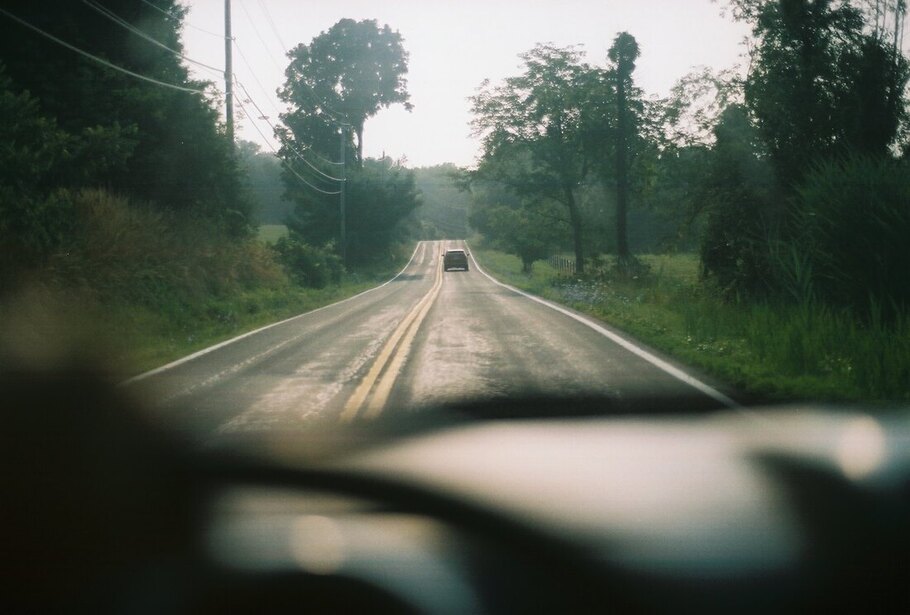
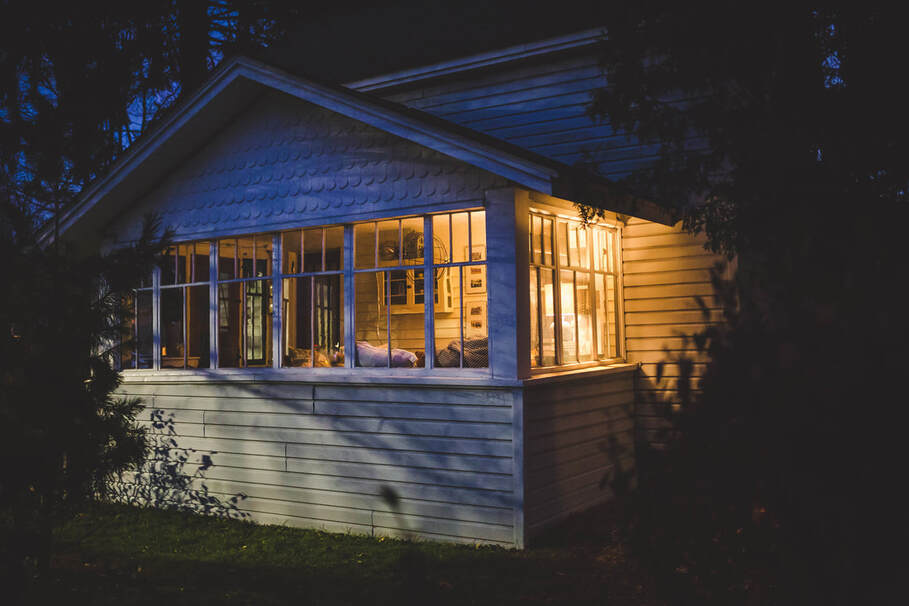
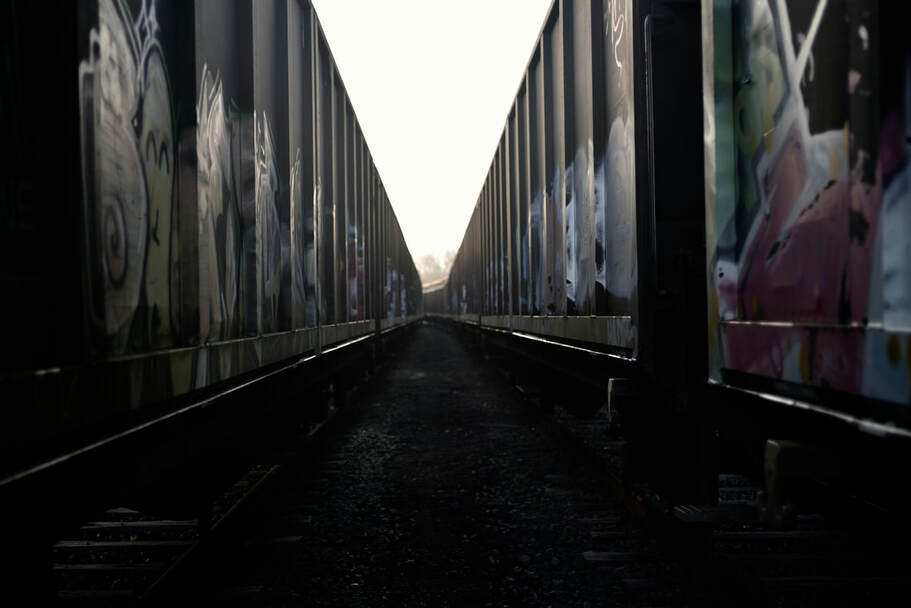
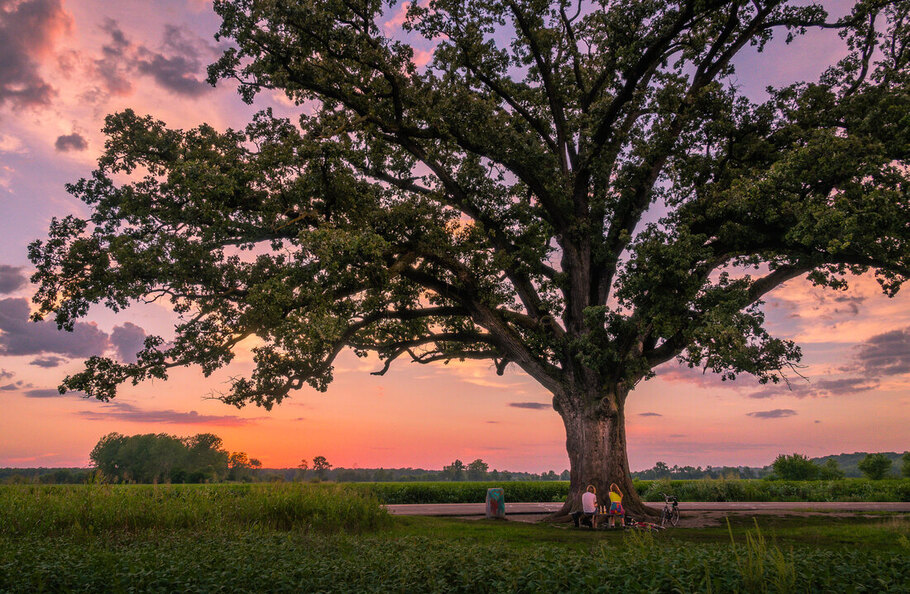
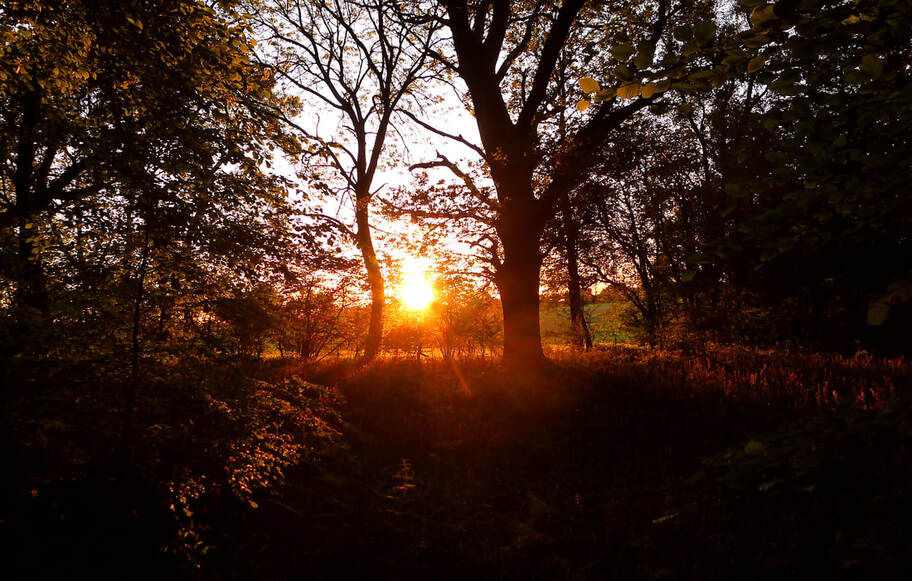
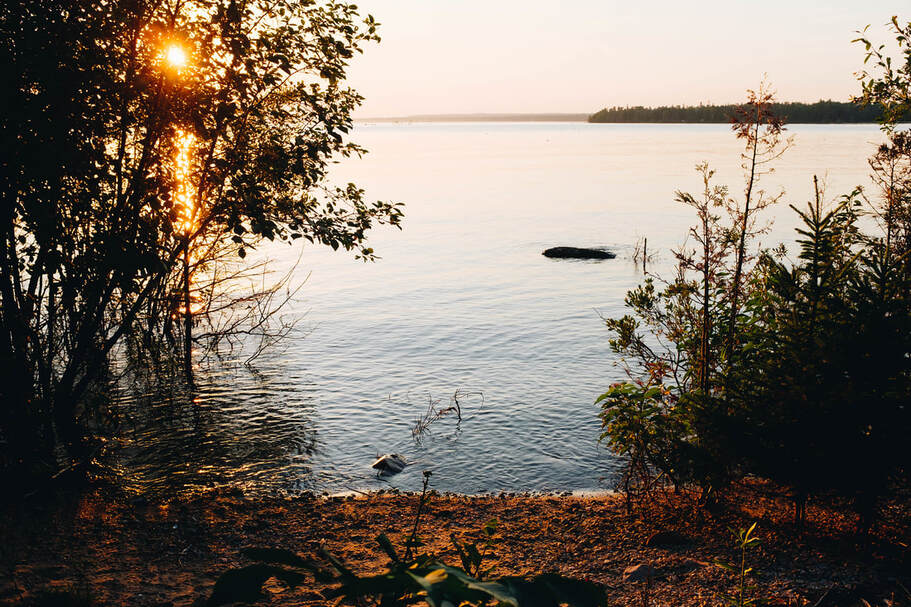
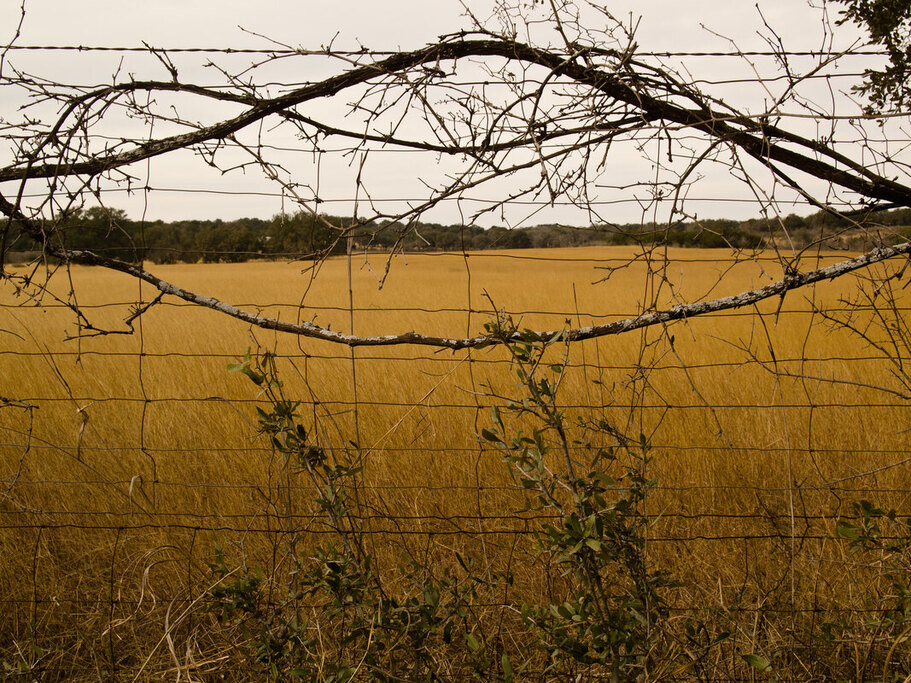



 RSS Feed
RSS Feed
